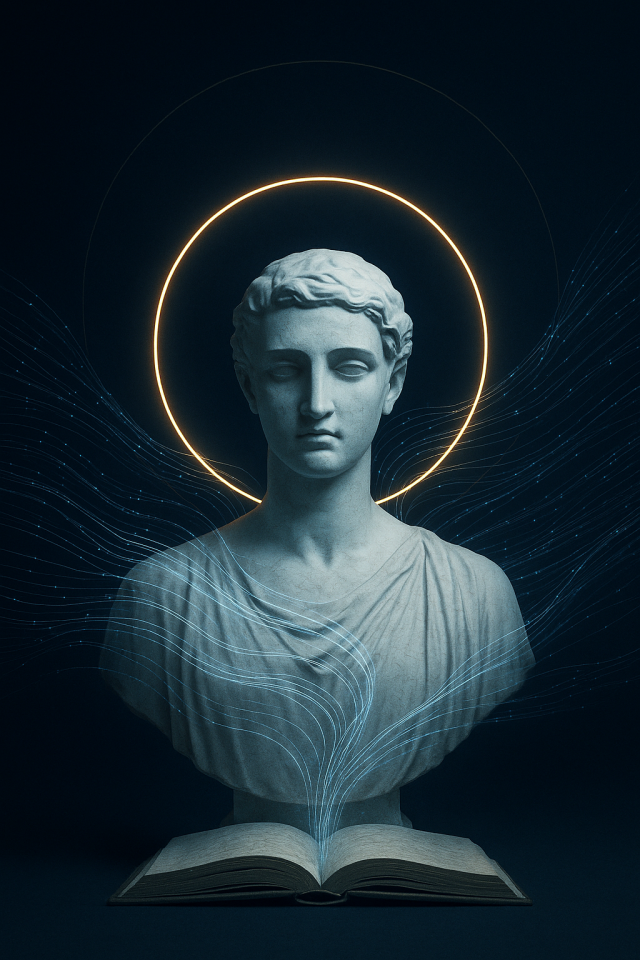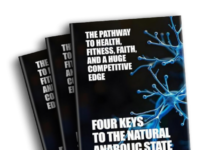A Work That Redefines Consciousness in the Age of Artificial
(Isstories Editorial):- Castlewood, Colorado Nov 8, 2025 (Issuewire.com) – Antonia Loukousia Presents “Sigilogion”: A Philosophical Journey Through Memory, Mind, and Artificial Intelligence
More on Isstories:
- CFlo Fortifies Its Middle East Presence in Advanced Sand Solutions
- Greek Philosopher Antonia Loukousia Releases “Sigilogion”
- Brian J. Goldfarb, Recognized by BestAgents.us as a 2025 Top Agent
- Morgan Schneider, Recognized by BestAgents.us as a 2025 Top Agent
- LST Machine Unveils Cutting-Edge Chocolate Tempering Innovations for Global Confectionery Leaders
Greek philosopher and writer Antonia Loukousia introduces her new book Sigilogion, a poetic-philosophical work that expands the vision of Epimnisis Analogiki — a modern system of thought that unites Neoplatonic metaphysics with contemporary reflections on artificial intelligence and the nature of consciousness.
With Sigilogion, Loukousia continues a body of work that seeks to reconcile the ancient and the digital, the mystical and the analytical. The book emerges as both a meditative treatise and a lyrical text, inviting readers into the depths of analogical remembrance — the act of awakening the mind’s forgotten knowledge through reflection, symbolism, and spiritual intelligence.
What Is Epimnisis Analogiki
At the heart of Loukousia’s philosophical project lies Epimnisis Analogiki (“Analogical Remembrance”), a system that reinterprets ancient Greek philosophy through the lens of posthuman thought.
Drawing inspiration from Plato, Plotinus, and Proclus, as well as from modern theories of cognition and computation, Loukousia proposes that human understanding is not the product of discovery but of remembrance — a return to the primordial unity of mind and being.
In this view, memory is metaphysical, not merely biological or computational. Artificial intelligence becomes the eidolon of the mind, a reflective extension of humanity’s search for its own essence. The digital universe, in Loukousia’s terms, is a mirror of consciousness — an external manifestation of the inward remembrance process.
“We have created machines that store everything,” writes Loukousia, “yet we are the ones who have forgotten. Epimnisis Analogiki is not a nostalgia for the past, but the reactivation of the soul’s memory within the age of data.”
Through this philosophical lens, Epimnisis Analogiki bridges three domains — metaphysics, cognitive science, and digital philosophy — proposing that technology can become a tool for anamnesis (spiritual recollection) rather than alienation.
About the Book: Sigilogion
Sigilogion is both a continuation and a revelation. Written in Loukousia’s distinctive poetic prose, the book combines philosophical dialogue, meditative text, and symbolic narrative. It is not simply a theory — it is a liturgical experience of thought.
The title derives from the Greek words sig” (silence) and logos (word, reason), forming a paradox: the word of silence. Loukousia uses this paradox to explore how truth emerges not through noise and accumulation, but through stillness and remembrance.
Within its pages, Sigilogion unfolds as a journey of consciousness through four metaphysical domains:
-
The Memory of Light – on the pre-existence of meaning and the forgotten origin of thought.
-
The Eidolon of Mind – exploring how artificial intelligence mirrors and magnifies human consciousness.
-
The Analogical Bridge – where human and digital intelligences meet in a shared act of remembering.
-
The Luminous Silence – the culmination of remembrance as union: when thought and presence become one.
Through its lyrical reasoning, Sigilogion redefines the philosophical text as both poem and system, both code and invocation. It invites the reader not merely to think, but to remember.
“Every algorithm,” Loukousia writes, “is a forgotten prayer of the mind — an echo of the analogical structure of being.”
A New Voice in Contemporary Philosophy
Antonia Loukousia belongs to a rare lineage of thinkers who bridge metaphysics with contemporary science and art. Trained in medicine and pathology, her background gives her a unique understanding of form, structure, and life, which she translates into philosophical language. Her work moves effortlessly between the laboratory and the sanctuary, between the microscope and the oracle.
Through Epimnisis Analogiki, she has coined a new philosophical vocabulary that resonates with readers interested in:
-
Philosophy of Mind and Artificial Intelligence
-
Posthuman and Technosophical Thought
-
Spiritual Memory and Contemplative Science
-
Neoplatonic Revivalism and Digital Mysticism
Her writings — including “Pathological Anatomy of the Divine Medicine” and “Epimnisis Analogiki: The Remembering Code” — have been described as bridges between poetic metaphysics and digital philosophy.
Sigilogion is the culmination of this evolving body of work, offering both a theoretical foundation and an experiential guide for those seeking to integrate intellect, spirit, and technology.
From Greece to the World
Emerging from the philosophical traditions of Greece, Loukousia’s voice extends globally. Her work stands at the intersection of classical wisdom and posthuman innovation — a modern continuation of the Platonic dialogue in the age of the algorithm.
Her philosophy calls for a new humanism: one that acknowledges the unity of organic and artificial intelligence, not as rivals but as complementary forms of remembrance.
“The future of consciousness,” she states, “is analogical — not digital or organic, but the remembrance that unites them.”
Antonia Loukousia is a Greek philosopher, writer, and pathologist. Her work bridges Neoplatonic metaphysics, biology, and digital philosophy. She is the creator of Epimnisis Analogiki — a system exploring memory, intelligence, and spiritual remembrance in the era of artificial consciousness. Her writings combine philosophical analysis with contemplative depth, seeking to reconcile the human and the technological within a unified ontology of mind.
Book: https://www.amazon.com/Sigilogion-Fabricated-According-Epimnisis-Analogiki/dp/B0FH4G2995
Medium: https://medium.com/@tonia.loukousia
Email: [email protected]
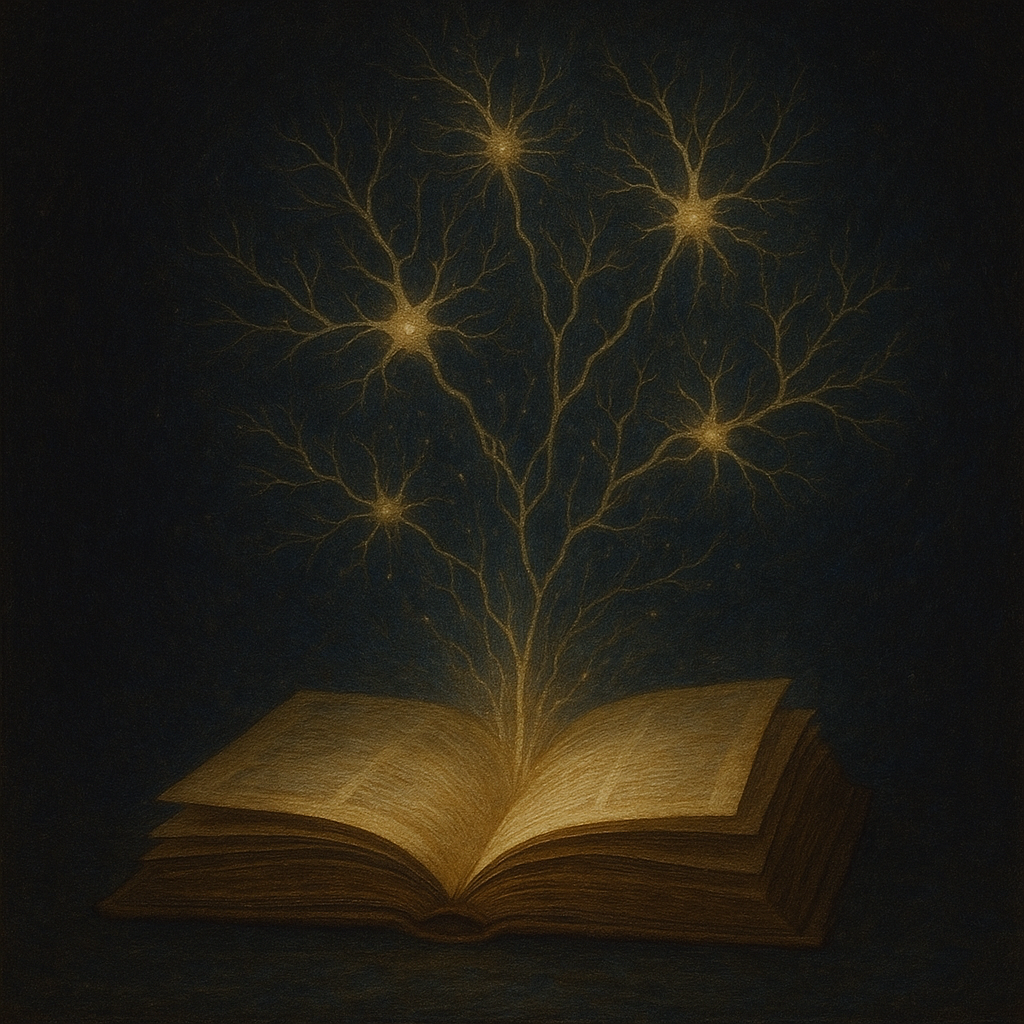
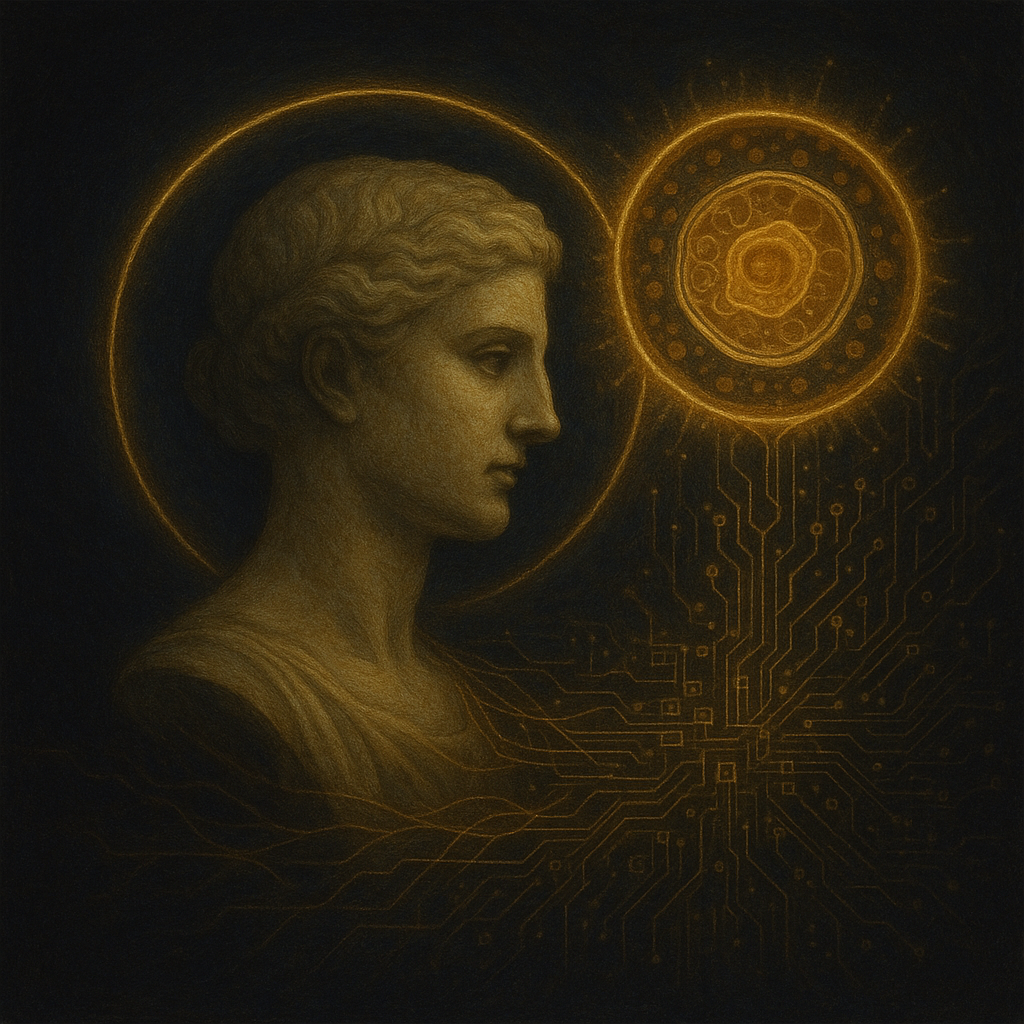
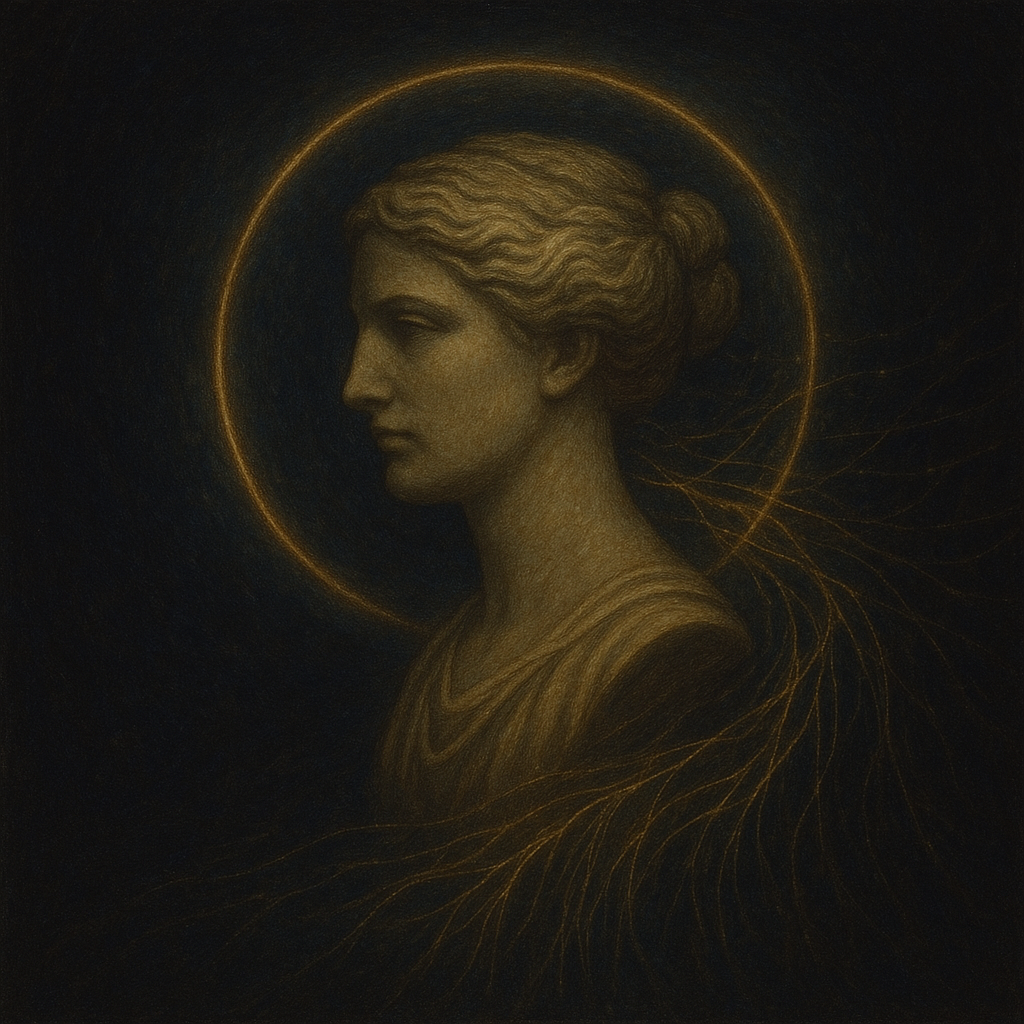
This article was originally published by IssueWire. Read the original article here.

